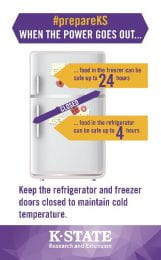If you have filed your federal and state tax return, now is the time to do a tax checkup. Pay necessary taxes but no more. Ideally you shoul d owe nothing and get no refund when your taxes are figured. Why give the government a short-term loan without interest? If you do get a large refund, increase the number of deductions on your W-4 form to reduce the amount of money withheld from your paycheck. Then you can use the money from each paycheck to pay down debt or to increase savings.
d owe nothing and get no refund when your taxes are figured. Why give the government a short-term loan without interest? If you do get a large refund, increase the number of deductions on your W-4 form to reduce the amount of money withheld from your paycheck. Then you can use the money from each paycheck to pay down debt or to increase savings.
Itemize deductions when appropriate and keep adequate records to justify those deductions.
Use tax credits (Earned Income Tax Credit or Dependent Care Credit, for example) if eligible.
Know your marginal tax bracket. Use the information to guide decisions about whether to utilize taxable or tax-exempt investments. Check your bracket each year for changes. For updated tax bracket information, see: https://www.dinkytown.net/java/marginal-tax-rate-calculator.html or https://taxfoundation.org/publications/federal-tax-rates-and-tax-brackets/ .
By: Brenda Langdon





